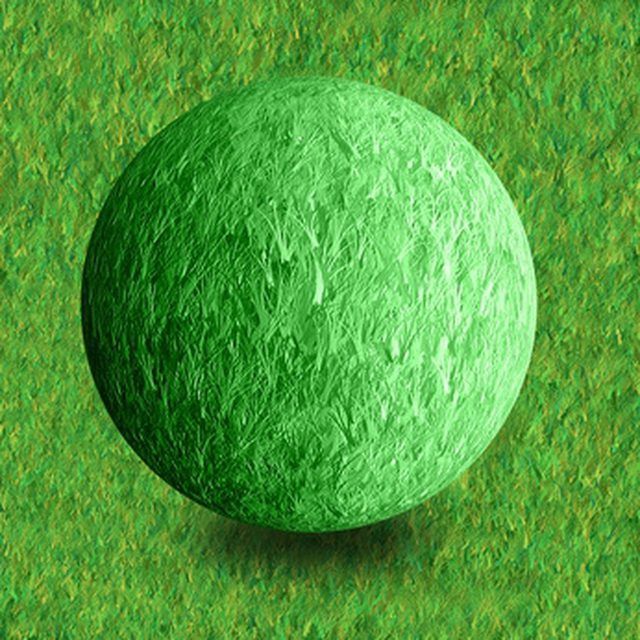Bulbs
Flower Basics
Flower Beds & Specialty Gardens
Flower Garden
Garden Furniture
Garden Gnomes
Garden Seeds
Garden Sheds
Garden Statues
Garden Tools & Supplies
Gardening Basics
Green & Organic
Groundcovers & Vines
Growing Annuals
Growing Basil
Growing Beans
Growing Berries
Growing Blueberries
Growing Cactus
Growing Corn
Growing Cotton
Growing Edibles
Growing Flowers
Growing Garlic
Growing Grapes
Growing Grass
Growing Herbs
Growing Jasmine
Growing Mint
Growing Mushrooms
Orchids
Growing Peanuts
Growing Perennials
Growing Plants
Growing Rosemary
Growing Roses
Growing Strawberries
Growing Sunflowers
Growing Thyme
Growing Tomatoes
Growing Tulips
Growing Vegetables
Herb Basics
Herb Garden
Indoor Growing
Landscaping Basics
Landscaping Patios
Landscaping Plants
Landscaping Shrubs
Landscaping Trees
Landscaping Walks & Pathways
Lawn Basics
Lawn Maintenance
Lawn Mowers
Lawn Ornaments
Lawn Planting
Lawn Tools
Outdoor Growing
Overall Landscape Planning
Pests, Weeds & Problems
Plant Basics
Rock Garden
Rose Garden
Shrubs
Soil
Specialty Gardens
Trees
Vegetable Garden
Yard Maintenance
Lawn Fertilizer & Ammonium Nitrate
Lawn Fertilizer & Ammonium Nitrate. Nitrogen is one of the most abundant elements in the atmosphere and, in the right forms, can be the wake-up call your lawn needs. Ammonium nitrate is a concentrated form of nitrogen that can be combined with other chemicals in lawn fertilizer and is also sold by itself. Applying ammonium nitrate either by itself...

Nitrogen is one of the most abundant elements in the atmosphere and, in the right forms, can be the wake-up call your lawn needs. Ammonium nitrate is a concentrated form of nitrogen that can be combined with other chemicals in lawn fertilizer and is also sold by itself. Applying ammonium nitrate either by itself or in a combination fertilizer will help you get the most out of your yard this season.
Basics
Ammonium nitrate is a concentrated form of nitrogen that is readily usable by plants. This form of nitrogen features an average concentration of 34 percent. Plants use nitrogen to grow, and a deficiency can result in poor growth and discoloration.
Mixtures
Most lawn fertilizers are combination fertilizers that either contain more than one active ingredient or feature a combination of elements as an active ingredient. Commonly, ammonium nitrate is coupled with urea to form a liquid lawn fertilizer. Ammonium nitrate can also be paired with calcium, which can correct some lawn deficiencies better than if ammonium nitrate is used alone.
Application
Using a chart like the one at LawnFertilizers.com (see Resources), you can search for the type of turf grass you have to determine how much ammonium nitrate (and other nutrients) your yard requires. Once you know how many pounds of nitrogen you need, apply a lawn fertilizer with ammonium nitrate accordingly. For example, if your fertilizer contains 34 percent nitrogen, divide 100 by 34 to get 2.94, which is the actual amount of fertilizer you have to apply per 1,000 square feet to get an actual rate of 1 lb. per application.
Prevent Over-Application Burn
As with any fertilizer, lawn fertilizers containing ammonium nitrate have the potential to burn your yard. To combat this, apply fertilizer on a cool day and water it in properly. Also, if your yard is stressed by heat or lack of water, wait to apply until it begins to recover to avoid any additional stress the fertilizer might cause.
Dangers
Ammonium nitrate is highly explosive in its raw form. In fact, ammonium nitrate has been listed as a chemical that has been used by terrorists in the past to make bombs. If you are storing ammonium nitrate on a farm, for example, make sure that your store tanks are protected from physical damage, heat and pressure. Additionally, because ammonium nitrate is highly explosive, some states (Texas, for example) makes it difficult to purchase, especially in large quantities.